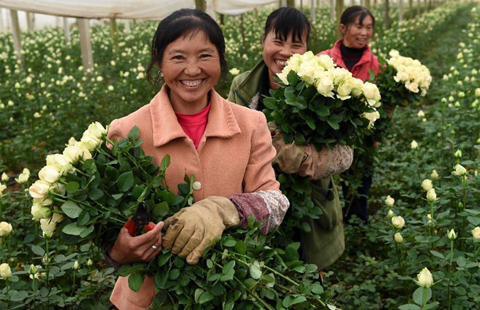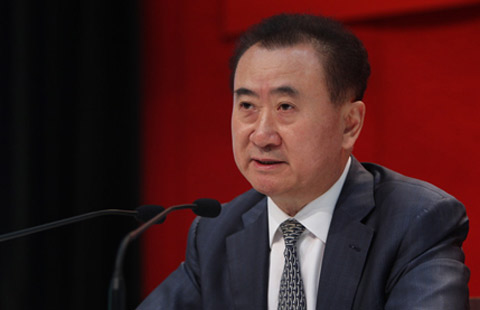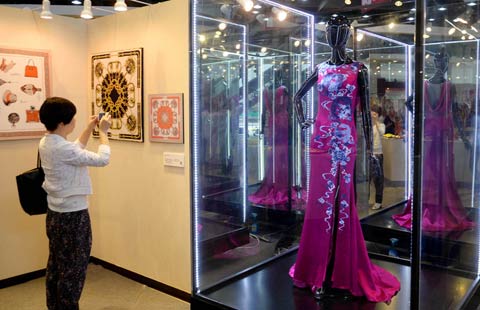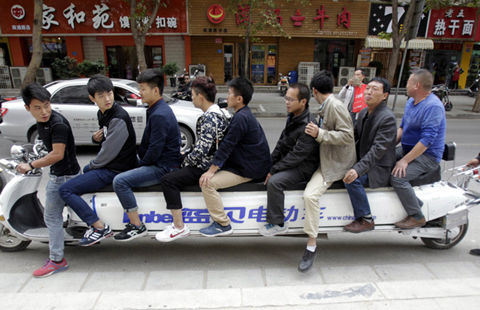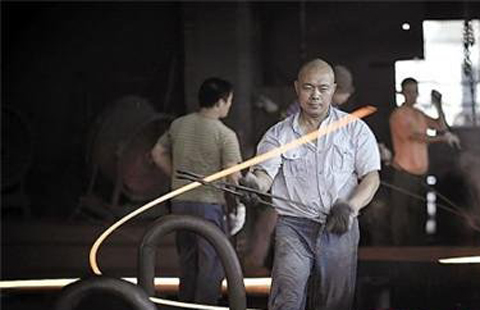TCM costs rise as donkey herds dwindle
By Ju Chuanjiang and Zhao Ruixue in Jinan (China Daily) Updated: 2014-10-15 08:27Although continuing to use traditional ejiao-making techniques, Qin said the company keeps adding new elements in order to offset supply shortages. Molecular ejiao tablets will enter the market this year, he said.
Zhou Xiangshan, vice-chairman of the company who is in charge of bio-technology, said the new product contains "more efficient elements" than the traditional products and is easier to take.
The company is applying for patents for its biological technology in China as well as in Japan, South Korea, the European Union and America, Zhou said.
To help elevate the ejiao industry, the company will host an exhibition next year to showcase Dong'e's production techniques and quality control procedures, Qin said.
"Ejiao represents the quintessence of the Chinese culture. I hope we can better develop the industry and introduce the product to more people worldwide," he said.
Qin noted that one product - a syrupy compound of ejiao that he said is used to treat dengue fever - has been approved as an over-the-counter drug in China and is very popular in South-eastern Asian countries.
The company expects to sell 60 million yuan worth of the product to the overseas market this year, he added.
EJIAO DATES BACK MORE THAN TWO MILLENNIA
Ejiao (donkey-hide gelatin) is a traditional Chinese medicine dating back more than 2,000 years.
It is made by boiling a donkey hide and refining the gelatin. Traditionally, it is obtained from a series of processes of washing, soaking, rinsing and stewing the hide.
Ejiao production techniques have been listed as a national-class intangible cultural heritage.
Dong'e Ejiao Co Ltd, founded in 1952 in Dong'e county, Shandong province, is the largest company in China to produce ejiao. The company is listed on the Shenzhen Stock Exchange.
Traditional Chinese medicines, health tonics and biological drugs are the main products of the Dong'e company.
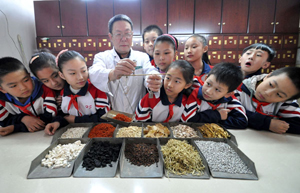 |
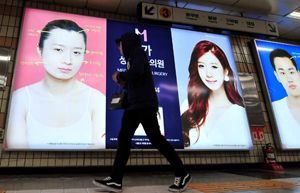 |
| New prescriptions in the works for TCM | Firms going the extra distance as medical tourism blossoms |
- China's September PPI down 1.8%
- China's September inflation hits 4-year low
- TCM costs rise as donkey herds dwindle
- China sets up investment fund for integrated circuit industry
- China's provident fund loans tops 2.4t
- Kazakhstan mulls exporting oil to China
- Chinese bank, Tesla to build charging facilities
- China's business registrations surge

